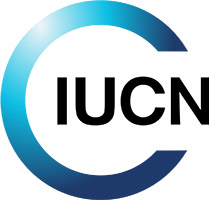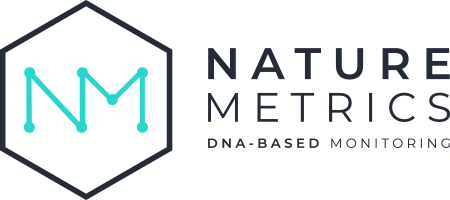Sampling Opportunities
In addition to working with our core implementing partners, we are looking to identify other planned or ongoing field projects and expeditions that we can equip with eDNA sampling kits to help meet our target of collecting 30,000 eDNA samples within 3 years.
Visit the get involved page to submit details of your field sampling opportunity or to sponsor an opportunity.
Below is a list of initiated projects where sampling is ongoing and opportunities to sponsor the eBioAtlas mapping of particular priority areas linked to upcoming projects/expeditions.
INITIATED SAMPLING
The following projects are initiated with on-the-ground partners and specific funding via the sponsorship route.
Malagarasi-Moyovosi RAMSAR wetland, Tanzania
The Malagarasi-Moyovosi wetlands extend across 9.2 M hectares, including five substantial rivers & extensive riparian wetlands. It is the largest drainage system into Lake Tanganyika and has been designated a site of international significance under the Ramsar Convention on Wetlands. Funding from the FootPrint Coalition will mobilise a sampling team led by TAFIRI and including the Nyakitonto Youth for Development Tanzania. Sampling will be conducted prior to the start of the rainy season in September 2021.
Conservation priorities
OPEN OPPORTUNITIES
The following opportunities have been identified by the eBioAtlas team. Get in touch if you would like to become an eBioAtlas sponsor and fund one of these opportunities.
Orange Senqu Basin – Southern Africa
October 2021 will see the mobilisation of a transboundary Joint Basin Survey to assess the health of the Orange Senqu River system in Southern Africa. A multidisciplinary team will be working across four countries (South Africa, Namibia, Botswana & Lesotho) to collect biological and chemical data from the river’s source to the sea, providing an ideal opportunity to collect eDNA samples for the eBioAtlas programme, while providing a new source of data for the survey itself. The river basin runs from the highlands in Lesotho, through central South Africa to the southern parts of Namibia and Botswana. The basin faces multiple pressures including drought, abstraction, pollution and loss of connectivity as a result of hydropower dams.
Conservation priorities
Okavango Delta, Botswana
A multidisciplinary team of researchers and environmental managers will be undertaking a survey of the Okavango Delta – a World Heritage and Ramsar site that is home to about 2000 animal species, many of which are threatened or endangered. This is a complex environment that is seasonally flooded and shaped by ecosystem engineers such as hippos and termites, which help maintain its high diversity of fish and other species. 150,000 people depend on the delta for their livelihoods but it is threatened by changes in the flooding regime as a result of climate change and water abstraction, as well as by land use change and pollution from farming.
Conservation priorities



